
(Disclaimer: The women listed here are not the only women who are powerful Asian Women Activists in History because there are a lot. And the list can go on and on and on. If someone you believe should be here but isn’t listed here, please don’t hate. Instead, reply in the comments so others will also know who that person is. I can make a second list if need it.)

- Yuri Kochiyama (1921-2014)
Japanese-US activist that worked in solidarity with Malcom X and for Asia Civil Rights.
Kochiyama was born in California but her life changed when Japan bombed Pearl Harbor on December 7 1941. Her father was arrested, being accused as a suspect and deemed a “threat” to national security. Already sick before his capture, he was denied medical care during his imprisonment. He became too sick to speak and the day after his release, he passed away. Kochiyama and her mother were ordered to move to an interment camp for the next three years. Here, she met her husband and they moved to New York in 1948. In the 1960s, she became acquainted with Malcom X. She was present at the day of his assassination and was the one who held him as he passed away. After the Vietnam War protests, Kochiyama became involved with the Asian American movement where many youth activist also sought her help. Because of her experiences in both Asian American and African American issues, she and her husband acted as representatives in demanding the government apologies for their injustice. And finally, in 1988, President Ronald Reagan signed the Civil Liberties Act. In 2005, Kochiyama was nominated for the Nobel Peace Prize.
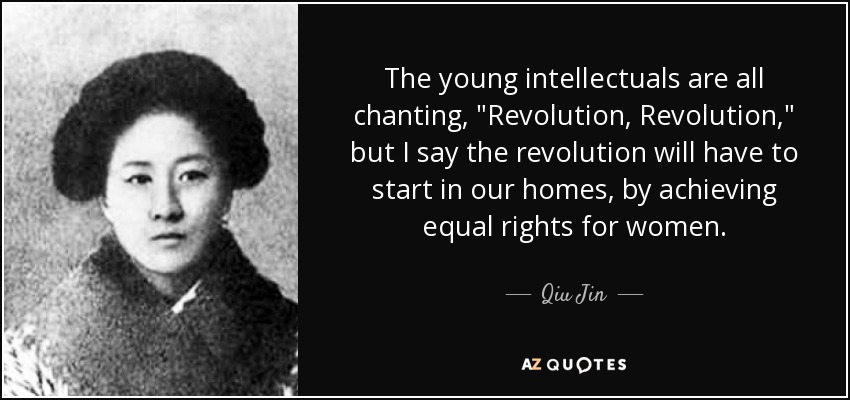
- Qiu Jin (1875-1907)
Chinese revolutionary, writer and feminist. She fought for the education rights and elimination of foot-binding.
Jin’s art name is Jianhu Nuxia which literally translates to “Woman Knight of Mirror Lake.” Jin suffered from an unhappy marriage, the reason why she changed her view on life. She became involved with triads, who were then planning a rebellion against the Qing Dynasty and to resort the Han Chinese into leadership. This was then, in f1903, she decided to move to Japan and study. There, she became fond of martial arts and became known for wearing Western male clothes and for her anti-Machu views. This led to her joining Guangfuhei, an anti-Qing group which later merged with other Chinese revolutionary groups to form Tongmenghui, led by Sun Yat-sun (another well-known figure in China). Jin was still in Tokyo at that time and was involved in the editorship of a journal where she expressed her views on bound feet and oppressive marriages, two issues she herself suffered. In 1907, Jin was arrested and then tortured but she refused to admit her involvement. But upon discovery of documents that links her to the uprising, she was executed in her home village. After that, she became a symbol of women’s independence in China.
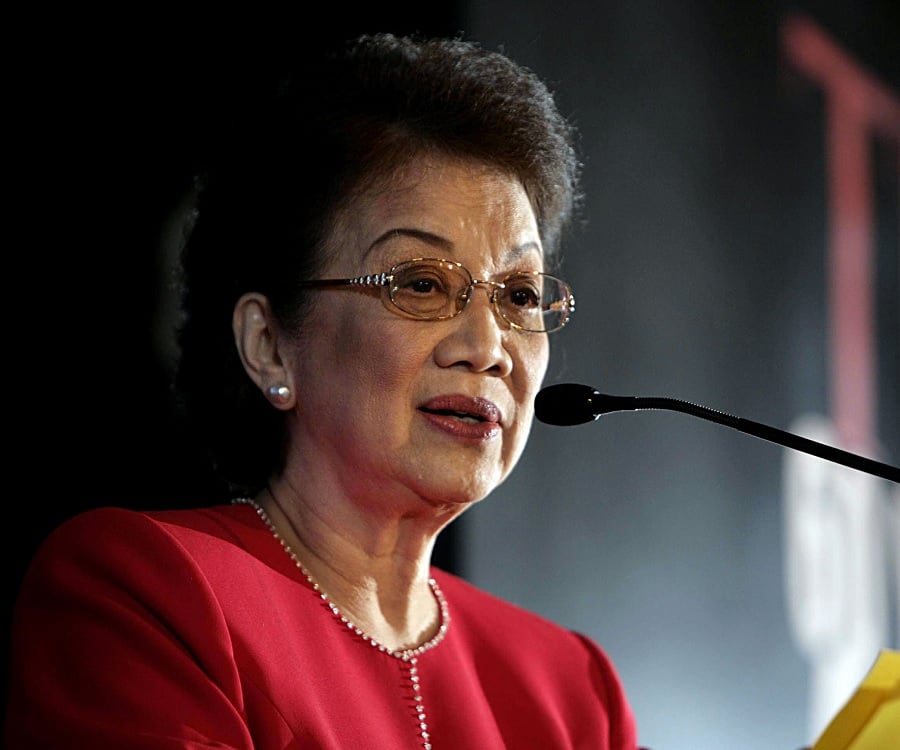
- Corazon Aquino (1933-2009)
The first female president of the Philippines, the leader of the People Power Revolution and human rights activist.
Aquino was the wife of Benigno Aquino Jr., who was a prominent figure in the Philippines for his efforts to overthrow the 20-year authoritarian regime of Ferdinand Marcos. Following his assassination in 1983, right after his return from the US, she became more active in the protests and movements against the Marcos rule. Marcos announced that he would be holding a snap election to show the legitimacy and credibility of his position. Aquino, having no elective experience beforehand was hesitant to run for presidency. But after collecting more than one million signatures in support for her and with the instance of Cardinal Jamie Sin (of the Roman Catholic Archbishop of Manila), another opposition candidate (Salvador Laurel) stepped down to vice-presidency for Aquino to be able to run. Marcos declared himself the winner despite the initial results showing Aquino as the victor. This sparked the People Power Revolution (also dubbed as the revolution that surprised the world) where over two million civilians, political, military and religious groups held a series of demonstrations. And after three days of mass protest, Aquino became the 11th president of the Philippines. She was named “Women of the Year” by TIME Magazine in 1986. The Filipino people referred to her as “The Mother of Democracy”.

- Malala Yousafzai (1997 – )
Pakistani Feminist and socialist, activist for children’s education rights and Nobel Peace Prize laureate.
Malala started her streak on education rights in 2008 when her father took her to to speak at a local press club on the Taliban’s growing influence in the country. The group was taking over the Swat area and banned everything from music, TV and girl’s education. In 2009, Malala wrote for BBC Urdu under a pseudonym. By then, the Taliban had already destroyed hundred of schools especially for girls. But this didn’t stop her and became more involved in her activism. She was interviewed by various news outlets and made appearances on TV. But her recognition also threatened her safety. On 9 October 2012, Malala was riding a bus after taking her exam when the Taliban raided it and demanded to know who Malala is. Upon identification, she was shot, point-blank which went through her head, neck and finally landed on her shoulder. The attempt received worldwide coverage and the world was filled with sympathy and in solidarity. Malala survived and gained international recognition and praise for her continued activism and bravery. In July 2013, Malala spoke to the United Nations which marked her first appearance after the attack. And finally in October 2014, she became the youngest Nobel Peace Prize laureate. For her 18th birthday, she opened a school for Syrian refugees in the Syrian border.

- Radhika Coomaraswamy (1953 – )
Sri Lankan human rights advocate and feminist, works against human trafficking and violence against women.
Coomaraswamy is a graduate of United Nations International School in New York, obtained her law degree on Yale University, her masters from Harvard and her honorary PhDs from various schools including University of Edinburgh and University of Essex. She served as the former chairperson of the Sri Lankan Human Rights Commission and a lawyer. Known for her work in the United Nations Rapporteur on Violence Against Women, she is an internationally acclaimed human rights activist. She mostly focus on her work on women’s rights, standing in behalf of those who need clarification in cases against women via the government. She also worked on issues of “comfort women”, and visited Japan and South Korea; against violence of women in war time in Haiti, Indonesia, Rwanda and Columbia; on the issue on trafficking in Nepal, India, Poland and Bangladesh; against women in prison in the United States; against domestic violence in Brazil and against violence on women in Cuba. Coomaraswamy served as a member of the New York University School of Law and has taught a course in New College, Oxford. She was awarded the Deshamanya, a national honor by the president of Sri Lanka.
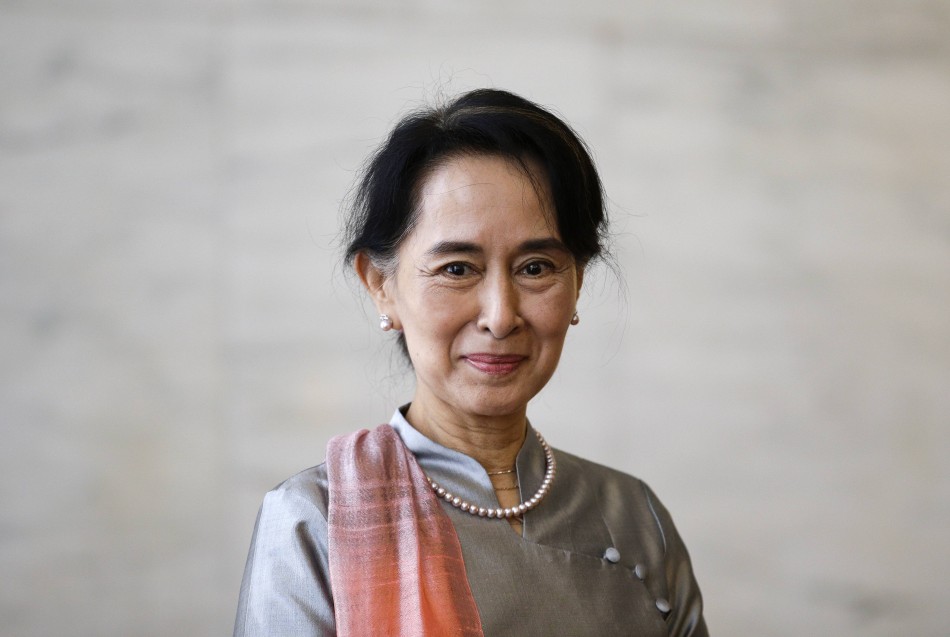
- Aung San Suu Kyi (1945 – )
Burmese human rights activist, leader of the pro-democracy movement and Nobel Peace Prize winner.
After her father and brother’s death, Suu Kyi moved to India and Nepal with her mother. Upon her return to Burma in 1988, the long-time military leader stepped down. This was followed by the 8889 Uprising which was a series of uprisings that occurred on 8 August 1988. Suu Kyi, during a mass really called for a democratic government. However, a new military junta (an authoritative state run by officials of a military) in September took power. She became involved in politics and and worked on democratization. Because of this, she was placed on house arrest in 1989. The government offered her freedom if she leaves the country which she refused. The military junta called a generation elections in 1990, Suu Kyi’s party received the majority of the votes but she was not permitted to run as candidate. The military refused to hand the leadership to her and she was placed in house arrest again which lasted for 15 years. During this time, she received the Nobel Peace Prize where her sons accepted it on her behalf. She used the money to build a health and education fund for her people. She was granted permission to leave Burma but Suu Kyi once again refused to leave. Her house arrest ended in 2010. She ran for presidency in the 2015 but the current law states that she cannot run for presidency. Instead the president created a position of State Councillor for her, a position she is currently serving.
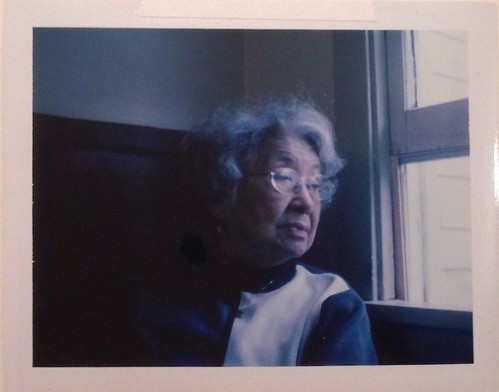
- Mitsuye Yamada (1923 – )
Japanese feminist, critiqued the US foreign policy and claimed that feminist must fight racism.
Yamada’s father, Jack Yasutake (a first generation Japanese-American) founded the Japanese Poet Society in Seattle. That time, Japanese women’s right were limited; they weren’t able to get education and choose their own husband. Her father was arrested for alleged syping shortly after the US’ decision to join the Second World War. She stayed in a relocation center in Idaho but she was allowed to leave the camp if she pledged loyalty to the Japanese emperor. She attended New York University in 1945, where she received her degree in English and Art. She then earned her masters in the University of Chicago in 1953 and became a professor in Cypress College until her retirement in 1989. She wrote her first book titled, “Camp Notes and Other Poems” but wasn’t published until 1976. She wanted to encourage Asian-American women to speak out during wartime as they were barred with a code of silence. She contributed essays and published more books that show her time during war.

- Raden Kartini (1879 – 1904)
Indonesian pioneer for women’s education, fought for women’s emancipation and feminist.
Kartini was born during a time when Java was under the Dutch colony and she belonged to an aristocratic Javanese family. During the time, polygamy was a common practice among those with noble birth. But Kartini’s mother was not the most important wife. She attended school until she was 12 years old and learned Dutch, a rare accomplishment for a Javanese woman at that time. When she turned 12, she was under seclusion, a common practice to prepare for marriage. She was arranged to marry a Regency Chief who already had three wives while she didn’t want this, she also didn’t want to defy her father’s wishes. Because of her own struggle with the lack of education, she established a school for women, an ideal she wanted for so long. With this, she also wanted to raise the status of women and during a colonial period and helped in the national struggle for independence. When her letters (to her Dutch pen pals) were published, it inspired many to change the way the Dutch view native women. Shortly after her only son was born, she died at the age of 25.
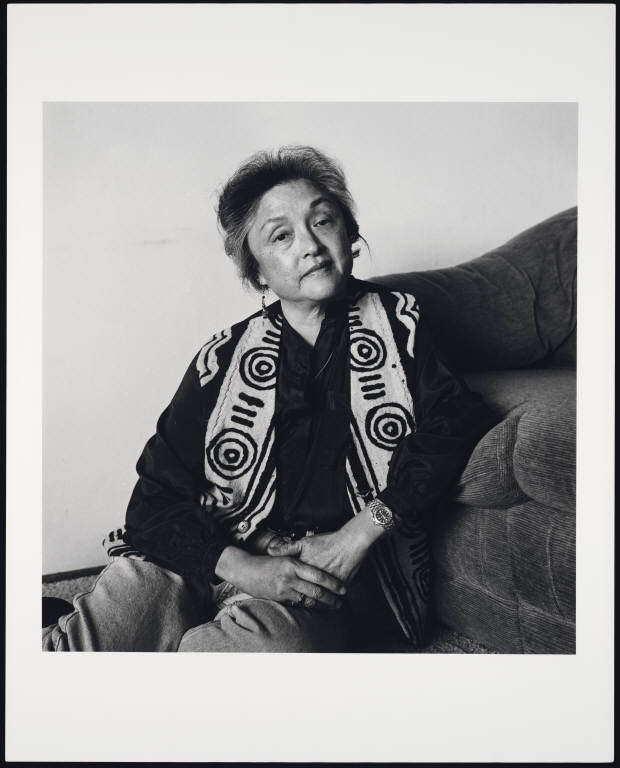
- Merle Woo (1941 – )
Chinese-Korean feminist, socialist, activist and writer.
When Woo’s parents migrated back to Shanghai, at age ten, they send her back to the US where she stayed in an orphanage ran by white missionary women. At sixteen, she ran away and started a new life. She earned her degree in San Francisco State University in 1965. During her studies for her masters, she witnessed the 1968-1968 Third Student Strikes at the university. This led her to be involved in politics and activism. After her graduation, she established the Education Opportunity Program where she wanted to make English more accessible to people of color. In 1970s, she came out as a lesbian and has be fighting for LGBTQ rights since then. She became a writer and professor for Asian American, Women and Gay and Lesbian studies at UC Burkley. She often criticizes the media depiction of Asian American women as exotic, submissive and invisible and spoke on “model minorities”. Because of this, the school fired her twice but she filed lawsuits and got reinstated. Along with Yamada and Neville Wong, they created “Three Asian American Writers Speak Out About Feminism” and Woo created a feminist anthology called “The Bridge Called My Back”.

- Helen Zia (1952 – )
Chinese-US women’s right, queer rights and civil rights activist and pacifist.
Zia was born to first generation Shanghai immigrants. In 1970s, she was part of the first graduation class of women of University of Princeton and during her time, she founded the Asian American Students Associate. Zia is known for her pacifist views and opposed the US’ involvement in the Vietnam War. She moved to Detroit and after the Murder of Vincent Chin (a Chinese-American man who was severely beaten), she played an active role against the those behind Chin’s death. She called for federal civil rights which the Asian American community backed up. Zia also spoke on civil rights, women’s rights, hate violence and homophobia. On 1997, she spoke on the racial impacts of the media before the US Commission on Civil Rights. Because of her work, she was named one of the most influence Asian Americans by A Magazine and was awarded a honorary doctor of law degrees from the Law School of City University of New York. She also published Asian American Dreams: The Emergence of an American People which was a finalist at the Kiriyama Pacific Rim Book Prize.
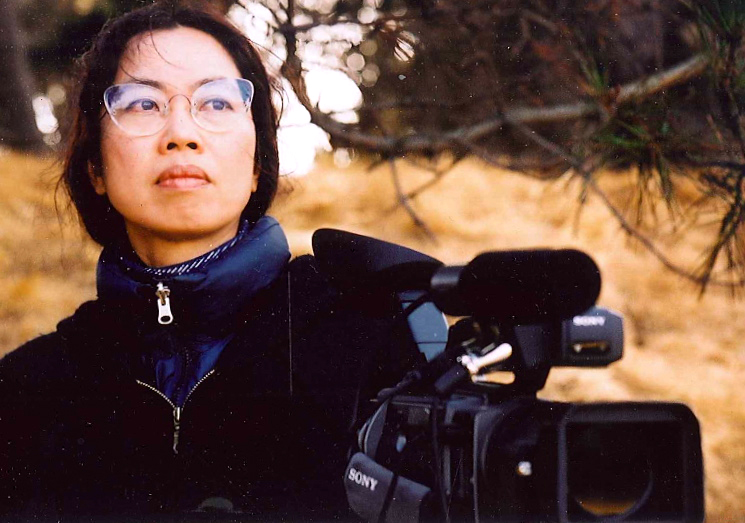
- Trinh Minh Ha (1952 – )
Vietnamese filmmaker, feminist and cultural theorist and professor at UC Berkley.
Ha has been making films for over thirty years. She was raised during the Vietnam War and studied piano and music. She migrated to the US in 1970 and studied French literature at the University of Illinois, Champaign-Urbana, where she would also earn her PhD. Since 1994, she has been a professor in the Gender and Women’s Studies Department in UC Berkley. She has also taught in Harvard, Cornell and Smith. She is best known for her film Reassemblage (1982) and Surname Viet Given Name Nam (1985). Reassemblage was filmed in Senegal and including images from the country with no narration. Surname Viet Given Name Nam features five interviews with five Vietnamese women, the film won a Blue Ribbon Award at the American Film and Video Festival. She was also awarded the American Film Institute’s National Independent Filmmaker, Maya Deren Award.

Comments are closed.